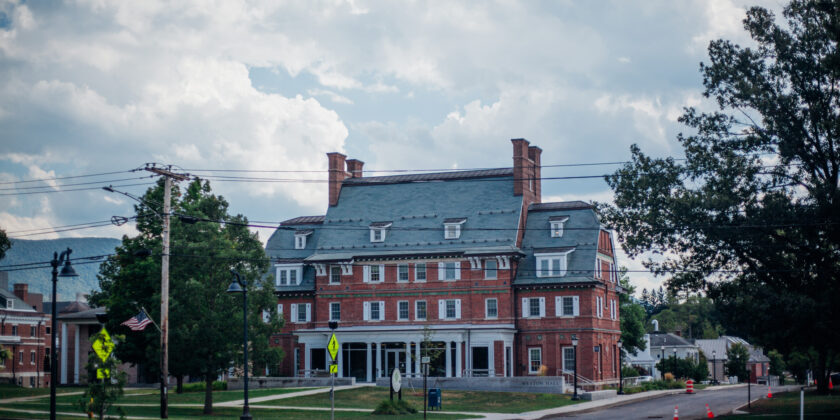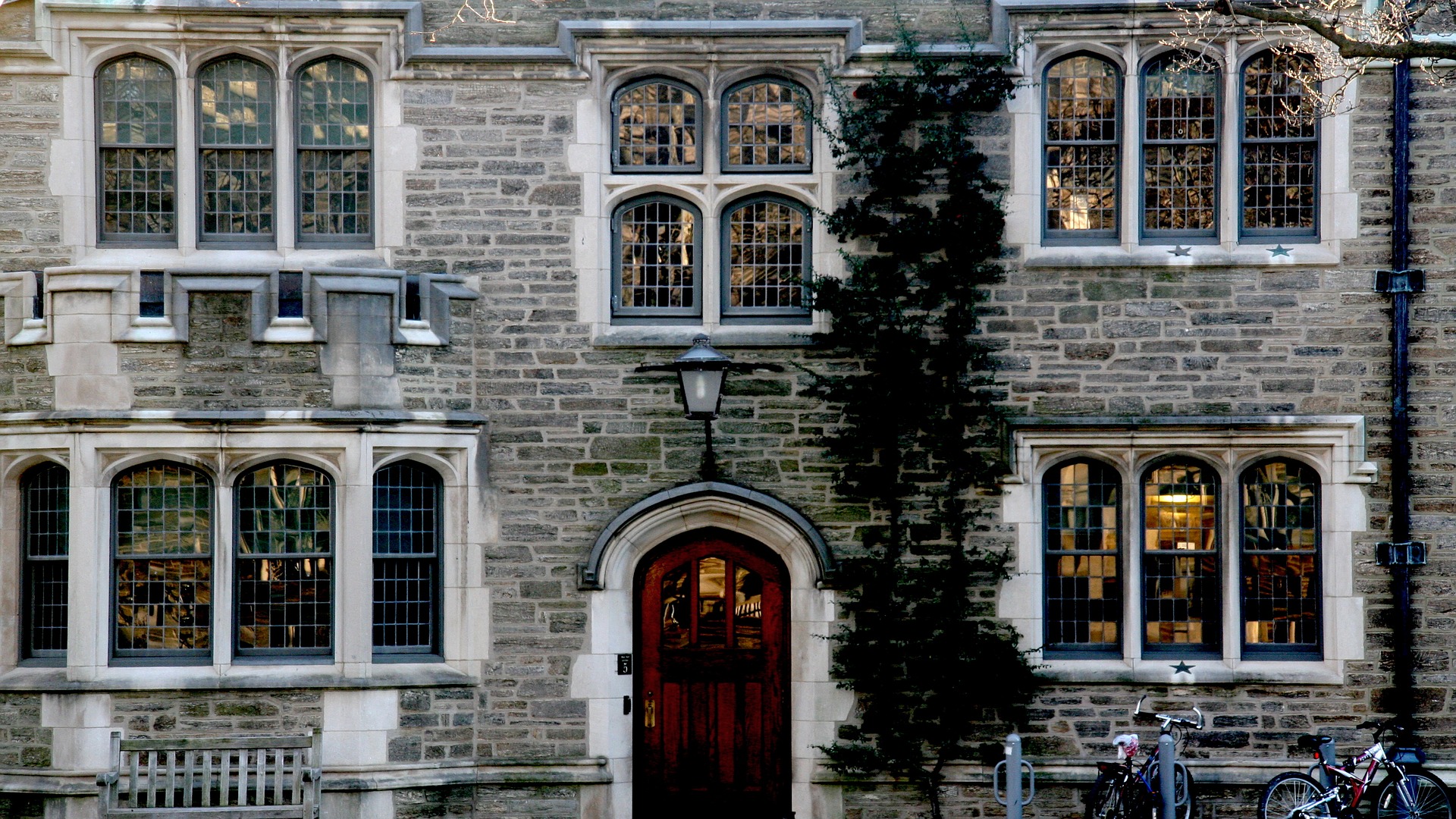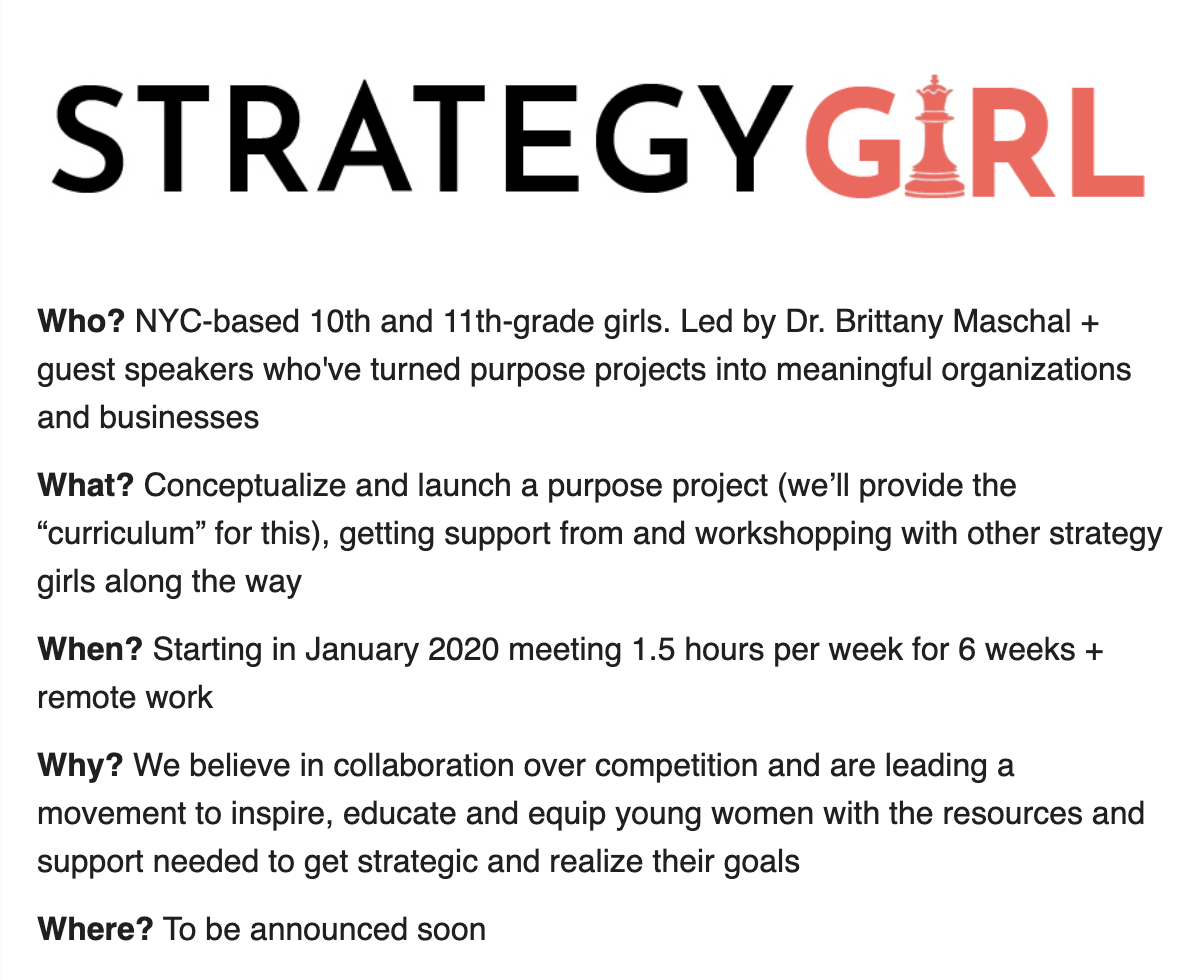Don’t subscribe to Jeff Selingo’s NEXT newsletter? You should!
Here’s his recent download on test-optional. As predicted, many colleges are NOT releasing an admit rate breakdown regarding submitters versus non-submitters, but he’s managed to gather a few data points. He notes in NEXT:
With less focus on standardized tests scores in admissions for at least another year, high school counselors and next year’s seniors are already asking what the lack of required test scores had on admissions decisions this year. Good luck finding out—at least from the selective schools that ditched required test scores because of the pandemic. Many of them aren’t releasing detailed numbers.
Context: Before COVID-19, 77% of students self-reported a test score, according to Common App. This past year it was 46%.
What’s happening: One vice-president for enrollment at a top-ranked school said that in the rush to go test-optional last year, the admissions staff never had the chance to discuss how they would talk about the results of test-optional admissions. “Just releasing numbers of how many applied and were accepted test-optional misses the nuances of the overall pool,” the official told me.
- Without test scores, students who in previous years would have been discouraged from applying after seeing the school’s median test score, applied this time around. Many admissions deans reported big differences in their applicant pools as a result—from demographics to the courses applicants took in high school.
- Who got admitted with tests and without also differed by major. One public university dean I talked with showed me admissions rates that were remarkably similar between those with and without test scores, except in STEM and business, where students with test scores got in at much higher rates.
By the numbers: In general, my discussions with deans at about a dozen selective colleges over the last few weeks found that about half of their applicant pools applied without test scores.
- In every case I heard so far, students with test scores got accepted more often. In some cases, the admit rate was twice as high for students with test scores vs. those without.
- Emory: Admit rate 17% (with tests) vs. 8.6% (without tests)
- Colgate: 25% (w/tests) vs. 12% (w/o tests)
- Georgia Tech: 22% (w/tests) vs. 10% (w/o tests)
- Vanderbilt: 7.2% (w/tests) vs. 6% (w/o tests)
Bottom line: For students from the Class of 2022 who are applying to schools without a long history of test-optional admissions, it’s best to have a test score if it will help your overall case.
*Stay in the know! Subscribe*










